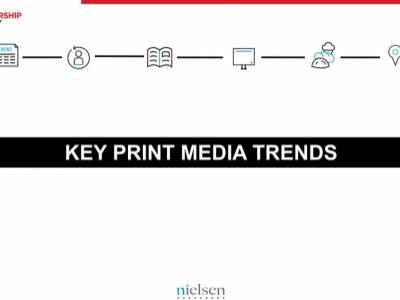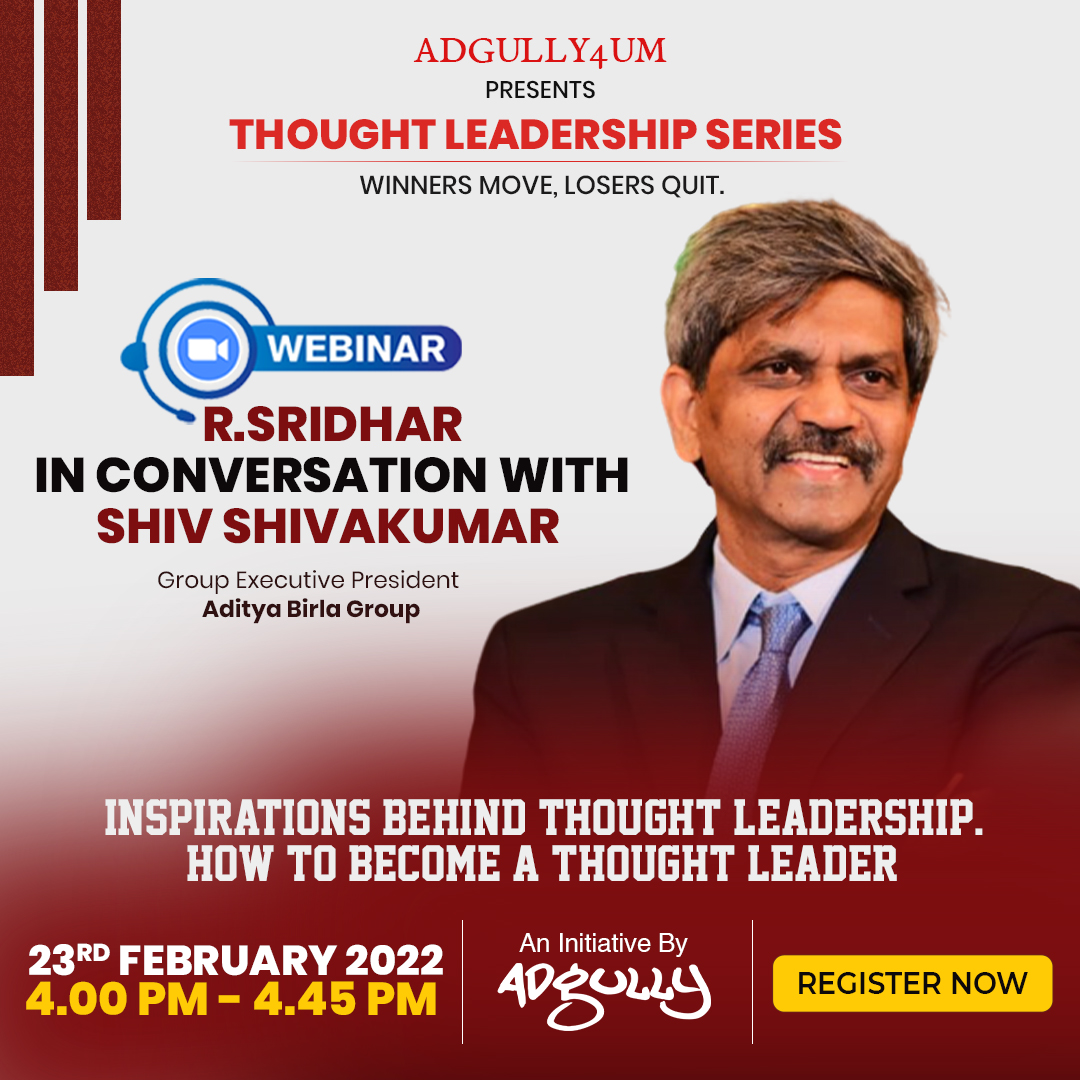Indians most optimistic about Ageing: Ipsos
India takes the top slot among 30 nations in optimism; bucks global trend of pessimism towards Ageing
According to a new global survey by Ipsos in partnership with Centre for Ageing Better, Indians are most optimistic about Ageing, across all the 30 markets covered in the survey. At least 73 per cent said they are looking forward to ageing; India bucks global trend of pessimism towards ageing, close on the heels are Turkey (67%) and Poland (62%), the other two markets bullish on ageing. While most markets are not looking forward to ageing, at the bottom of the heap are Hungary (7%) and Japan (10%), that are least optimistic about ageing.
How old is old?
For Indians, hitting 62 years makes one old. But for Saudis and Malaysians, 55 years is the onset of old age. For majority of the markets polled, 60s is old age (for US, China, UK, Japan too). For Spanish people only when one is pushing 74 years, can be considered old.
What makes Indians optimistic about Ageing?
While 45 per cent Indians worry about getting old and half of Indians polled also feel that there is a general seen a lack of respect towards the elderly, despite these roadblocks most Indians are confident that they can cruise through their old age.
How?
For most Indians confidence stems from choosing a healthy lifestyle – at least 76% Indians are confident that they will be fit and healthy in their old age. Further, 73% Indians feel that one can prepare for old age. Interestingly, across the 30 markets polled, there was consensus on what steps one can take to prepare for the sunset years: staying healthy and exercising (60%), eating a healthy diet (59%), saving for adequate pension (51%), avoiding smoking (45%), having a friend circle (44%), having a sport or hobby (44%), avoiding alcohol (36%), healthy relationship with a partner (36%), learning new skills (35%), keeping active in local community, adapting home (17%) and moving to a home suitable for the elderly (16%).
But when it came to actual practice, respondents across the 30 markets felt that for old age, the priorities should be avoiding smoking (45%), eating a healthy diet (43%), avoiding too alcohol (40%), exercising (39%), being in touch with friends (39%), good relationship with partner (35%), learning new skills (32%), play a sport (31%), save for a pension (28%) etc.
There is disparity between the two.
Majority of Indians (63%) are also harping on technology to ease old age for them.
“With increase in life expectancy and support of healthcare and technology, Indians are looking forward to excitements of the second innings of life” says Parijat Chakraborty, Head of Ipsos Public Affairs, India.
It’s also about striking a chord with people of all age groups. Half of Indians polled claim that they have friends who are 15 years older than them and 40 per cent claim they have friends 15 years younger than them. So, a significant number feels it fits in.
43 per cent Indians polled feel that media too can be somewhat credited with providing a positive view of ageing by showing it as exciting and with potential to do new things. 31% Indians on the contrary blame media for presenting a grim and depressing view of ageing, while the remaining 26 per cent were undecided.
“The middle class has consciously planned for the future to cushion themselves from the challenges of sunset years, both in terms of financial planning and altering of lifestyle. There is also the need for social connect with relatives and friends in the Indian culture,” added Chakraborty.
Should young care for the old?
Across most of the 30 markets covered, predominant view that emerged was that the young should care for the old. Interestingly, at least 75% Indians endorsed this view. China was at the top with 82 per cent spouting it. The Japanese and South Koreans had few espousing this view, these two markets were placed lowest in the pecking order, tied at 23%.
Across all 30 markets, Ipsos looked at some of the Merits and Demerits of getting old.
Top merits that emerged were – more time with family/ friends (36%), more time for hobbies (32%), more time for holidays and travel (26%), giving up work (26%), being financially secure (20%), having a slower pace of life (20%), less stress (17%), being wiser (14%), more peace and quiet (13%), more time for home and garden (11%), being more experience (10%), being able to help others (10%), having good memories (8%), among others.
And demerits?
Not having enough money to live on (30%), losing mobility (26%), losing memory (26%), being unable to do things they once could (22%), losing family/ friends through death (20%), being in pain (20%), being lonely (19%), losing independence (18%), dying (16%), losing hearing/ sight (13%), being treated badly (9%), being bored (7%), being more susceptible to crime (6%), having to give up work (5%), being left behind by technology (5%) etc.
The study also explored the popular monikers that go with old age?
Across the 30 markets polled some of the top associations for old age was a mixed bag!
The terms chosen were – wise (35%), frail (32%), lonely (30%), respected (25%), unfairly treated (23%), respectful (23%), kind (21%), sad (15%), poor (13%), happy (12%), well educated (12%), hard-working (11%), ethical (10%), community oriented (9%), selfish (5%), arrogant (5%), work centric (4%), rich (3%), lazy (3%) and materialistic (3%).
A significant 40 per cent of Indians polled felt that the elderly has political clout.
Anna Dixon, Chief Executive of the Centre for Ageing Better, said:
There are tremendous opportunities that come from longer lives, yet just one in three people worldwide say they are looking forward to their old age. This is perhaps not surprising given the prevailing narrative across the globe is one of decline, frailty, ill-health and loneliness. These negative experiences are not inevitable. We must improve our workplaces, our housing, our health and our communities to enable more of us to age well. Changing our own and society’s attitudes to later life is an essential first step





















Share
Facebook
YouTube
Tweet
Twitter
LinkedIn